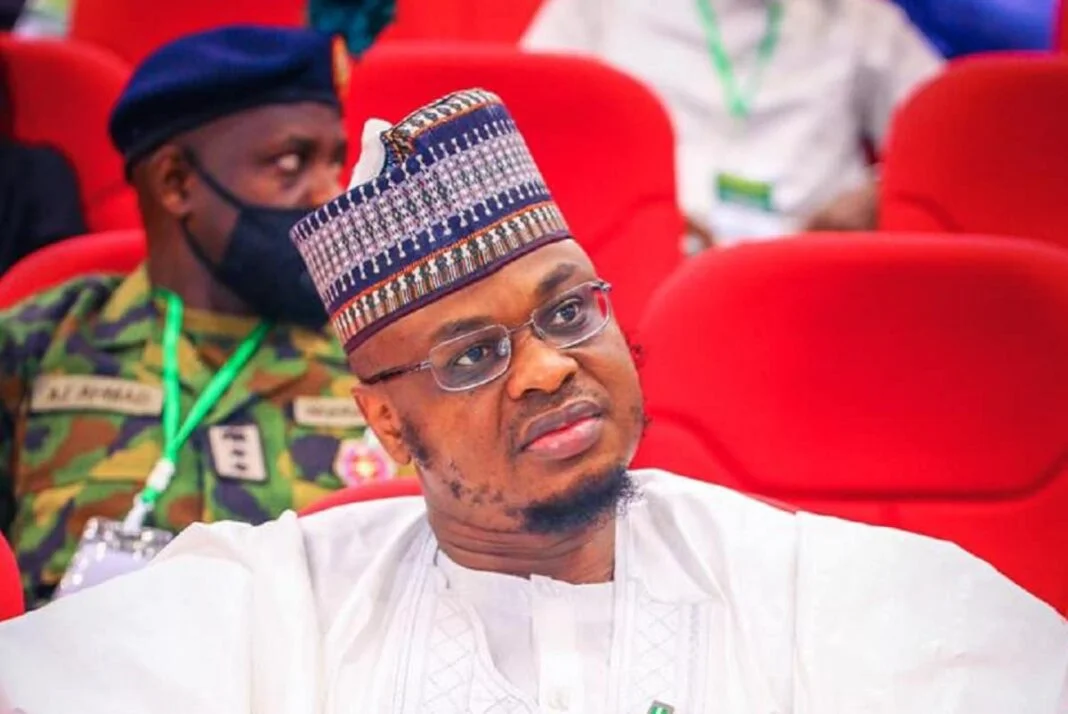Minister of Communications and Digital Economy, Isa Pantami on Thursday, assured that he was working assiduously to improve internet speed and reduce its cost in Nigeria, using the National Broadband Plan 2020–2025.
Also, the federal government said it had approved more than N16 billion for broadband infrastructure projects at 18 universities in the country’s six geopolitical zones.
Pantami said this was because digital connectivity and expanding access to information play a role in enhancing the economy.
The Minister spoke at the unveiling of his book titled, “Skills Rather than Degrees Book” and the Launch of Broadband Infrastructure Projects organised by the Nigeria Communications Commission (NCC) in Abuja.
According to him, “Today we are launching projects to support broadband connectivity in Nigeria and this is an important part of the digital economy. In the world today, the digital economy is firmly entrenched to be a core driver of global growth. It is the single most important driver of innovation.
“Digital connectivity and expanding access to information play a role in enhancing the economy. For example, according to a 2019 Report, the World Bank estimates that an increase in the digitally connected people across the globe to 75% would result in an addition of up to US$2 trillion dollars per year to world GDP and a creation of about 140 million jobs. Similarly, a report by the Information Technology and Innovation Foundation states that 80% of economic benefits in developing countries are as a result of the use of Information and Communication Technologies (ICTs) and digital skills, while in developed countries, it is even higher at 90%.
“The new broadband plan seeks to deliver data download speeds across Nigeria at a minimum of 25Mbps in urban areas, and 10Mbps in rural areas, with effective coverage available to at least 90% of the population and penetration rate of 70% by 2025 at a price not more than N390 per 1GB of data (2% of median income or 1% of minimum wage).”
He further noted that a lot still needed to be done to bridge the connectivity gap both globally and in Nigeria.
He said: “For example, according to a July 2022 Report by DataReportal, it was estimated that only about 5.03 billion people around the world use the Internet. This means that close to 36% of the global population do not have digital access. The lack of access is as a result of challenges such as the high cost of connectivity, lack of digitally skilled citizens, inadequate infrastructure and limited access to devices, amongst others.”
Speaking on the book, the Minister said that it focused on the importance of skills and its potential impact in addressing the problems of unemployability, unemployment and underemployment.
“I am very delighted to unveil my latest book and launch a number of our initiatives aimed at expanding broadband connectivity across Nigeria. Broadband connectivity and access are central to the expansion of our National Digital Economy Policy and Strategy (NDEPS) for a Digital Nigeria and are in alignment with the mandates of His Excellency, President Muhammadu Buhari, GCFR, on job creation and economic diversification.
“I am passionate about the importance of skills and have been speaking about this at many events. This book is a research and productive work implementing the paradigm shift that I am advocating’”, he stated.
In a similar light, Pantami revealed that about 20 markets, three from each geopolitical zones, the popular Computer Village in Lagos and the Wuse market in Abuja will also benefit from the broadband penetration initiative.
According to him, the project in each of the selected schools will gulp up to N400 million.





2 Comments